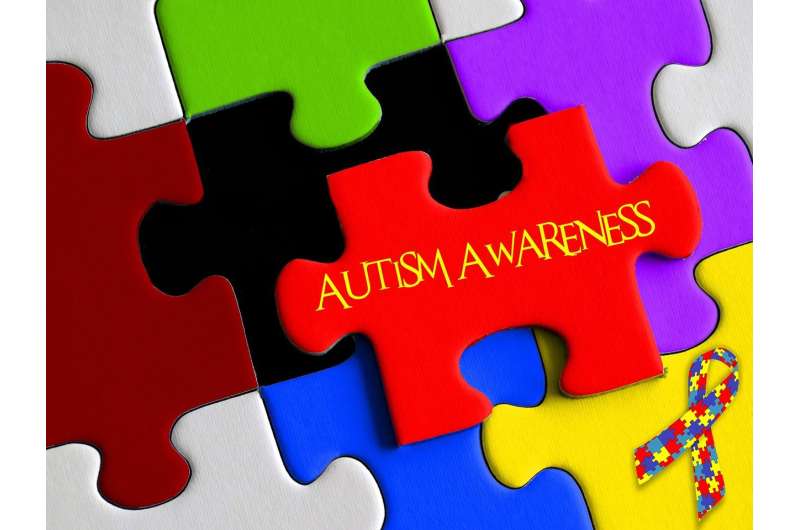Link Between Late-Night Screen Time, Medication Access, and Adolescent Suicide Risk Identified in New Study

A new study links late-night screen use and easy medication access to increased risk of adolescent suicide attempts, emphasizing the importance of parental supervision and sleep hygiene.
Recent research highlights a concerning rise in adolescent suicides in the United States, where suicide stands as the second leading cause of death among individuals aged 15 to 24, according to the American Academy of Child and Adolescent Psychiatry. As part of National Suicide Prevention Month, a study conducted by Virginia Tech Carilion School of Medicine explores critical factors contributing to this trend, focusing on the roles of screen time, medication accessibility, and the timing of overdose attempts.
Child and adolescent psychiatrist Dr. Abhishek Reddy and his team analyzed data from patients aged 12 to 17 who were hospitalized following intentional overdose suicide attempts. Their findings reveal that such attempts are more likely to occur during nighttime hours and are strongly associated with recent screen use. Both prescription and over-the-counter medications are commonly involved in these overdose incidents.
The study underscores established links between excessive screen use, mental health issues, sleep disturbances, and suicidal behaviors among youth. Dr. Reddy emphasizes the importance of these discoveries in guiding clinical practices and parental strategies to prevent adolescent self-harm.
Based on the research, several recommendations are proposed:
- Limit children's screen time, especially within the hour before bedtime, to promote healthier sleep patterns and reduce exposure to potentially harmful social media content.
- Encourage good sleep hygiene through bedtime routines such as warm baths or reading, and avoid sugary or caffeinated products in the evening.
- Secure all medications, whether prescription or OTC, to prevent easy access during times of mental distress.
Dr. Reddy advocates for parents and caregivers to be vigilant about medication storage and screen exposure, recognizing their significant influence on adolescent mental health. He will present these findings at the upcoming American Academy of Child and Adolescent Psychiatry annual meeting in Chicago, aiming to foster awareness and develop effective prevention strategies.
For more information, visit the conference page at aacap.confex.com. This research provides valuable insights into the complex factors behind adolescent suicide attempts and emphasizes the critical need for comprehensive prevention measures.
Source: https://medicalxpress.com/news/2025-09-late-night-screen-easy-access.html
Stay Updated with Mia's Feed
Get the latest health & wellness insights delivered straight to your inbox.
Related Articles
Green Spaces as a Mental Health Support During COVID-19, New Research Finds
Research reveals that access to green spaces significantly reduces depression risk during the COVID-19 pandemic, emphasizing the importance of urban greenery for mental health resilience.
Experts Warn of Continued Preventable Deaths Among Autistic People Without Improved NHS Access
Research reveals systemic barriers in NHS mental health services for autistic adults, risking ongoing preventable deaths due to unmet needs and inadequate support during crises.
Low Psychological Distress Doesn't Always Indicate Better Wellbeing in Daily Life
New research suggests that low distress levels in daily life do not always indicate a person's overall mental wellbeing, highlighting the need for dual assessment in mental health treatment.



